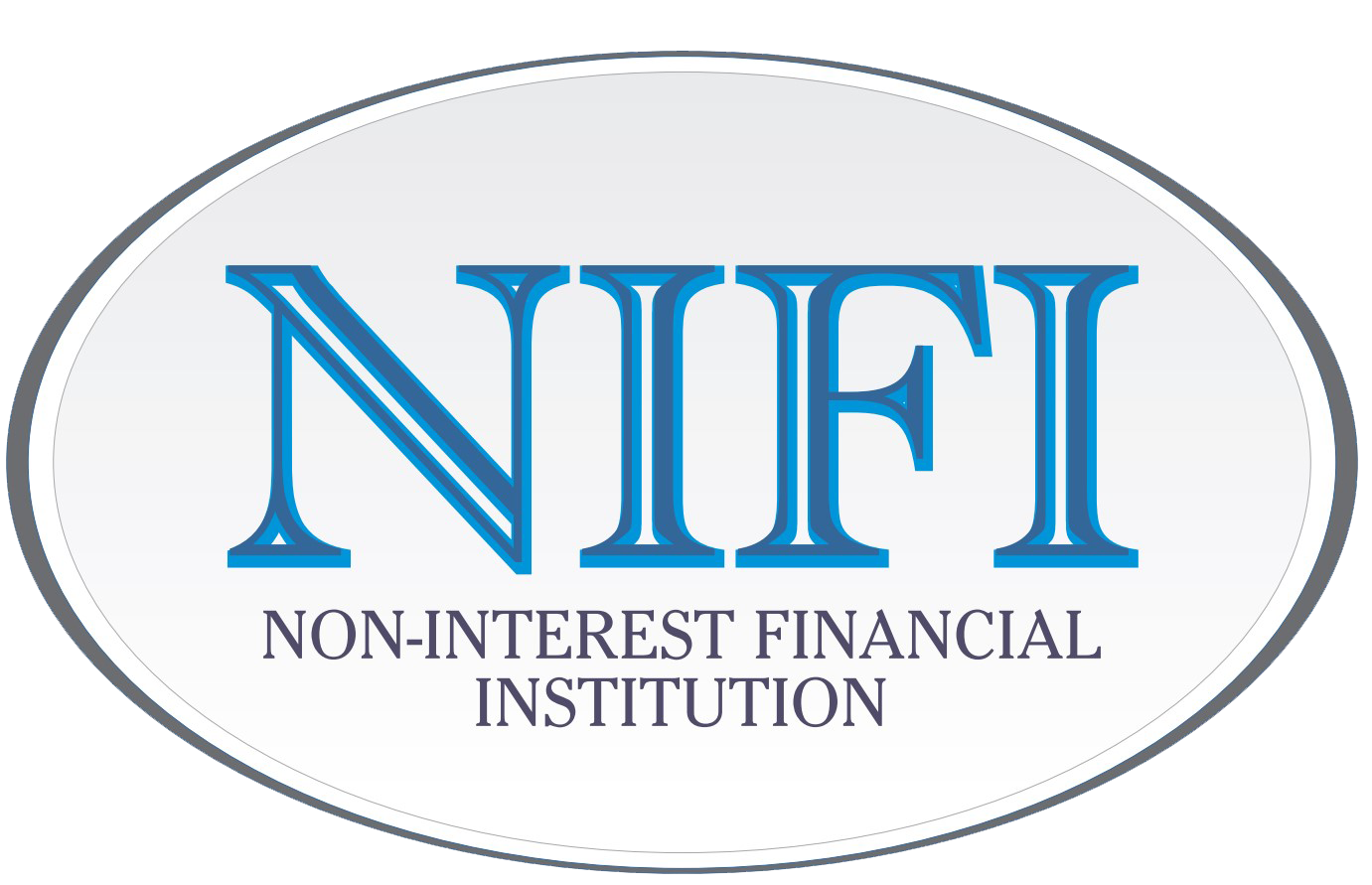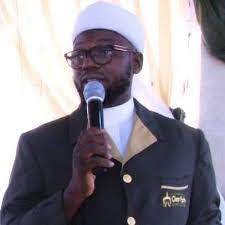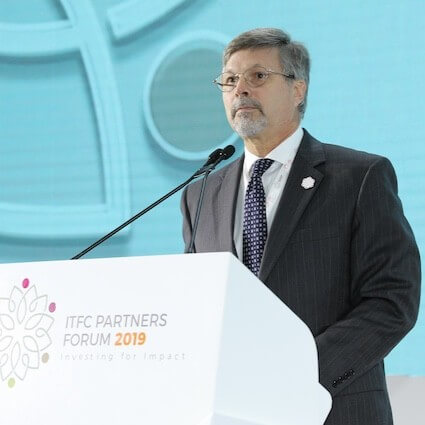Nigeria is 65! That’s 65 years of resilience, creativity, and the unshakable spirit of a people who never give up. Independence Day is not just a moment to wave the flag and sing the anthem. It’s a chance to look back at how far we’ve come and, more importantly, to look ahead with hope.
Yes, our journey as a nation has had its share of challenges. Inflation bites, insecurity tests us, and a possible host of other things that often frustrates us. But year after year, Nigerians continue to show that there are always reasons to believe in the future.
To celebrate 65 years of independence, we’re sharing 6 + 5 reasons that remind us why Nigeria’s best days are still ahead. Six that celebrate our today, and five that make us confident about tomorrow.
6 Reasons We Celebrate Today
1. Our People: If you ask Nigerians what they’re proudest of, they won’t always say oil, or Nollywood, or even jollof rice. They’ll say “our people.” Because no matter the odds, Nigerians adapt, innovate, and thrive. In fact, a World Bank report notes that Nigerians are among the most entrepreneurial people in the world, with about 40% of adults engaged in some form of entrepreneurial activity (World Bank, 2022). From roadside traders to global CEOs, Nigerians embody hustle, creativity, and perseverance.
2. Our Culture: From Afrobeats to Nollywood, our culture is Nigeria’s most successful export. Burna Boy, Wizkid, Tems, Davido, and Rema have filled arenas across the world, putting Nigerian music at the top of global charts (Billboard, 2023). Nollywood, meanwhile, is the second-largest film industry in the world by volume, producing thousands of films annually (Africa’s Film Industries). Then there’s our food, fashion, literature, and art, from suya nights to Lagos Fashion Week to Chimamanda Adichie’s novels. Nigerian culture is alive, dynamic, and unstoppable.
3. Our Entrepreneurs: Nigeria’s entrepreneurs turn problems into possibilities. Despite economic headwinds, startups raised over $1.2 billion in venture capital in 2022, with fintech leading the way (Africa: The Big Deal). Even beyond tech, micro-entrepreneurs; market women, artisans, farmers, keep the economy running. According to the Nigerian Bureau of Statistics, MSMEs account for 96.7% of businesses and contribute nearly 50% of GDP (NBS, 2023).
4. Our Youth: Nigeria has one of the youngest populations in the world, with 70% under the age of 30 (UNDP, 2022). That’s not just a statistic, it’s a superpower. Our youth are pushing boundaries in technology, design, music, art, and advocacy. Think of Iyin Aboyeji co-founding two unicorns before 30, or teenage coders in Yaba building apps that get international recognition. Think of young climate activists, young fashion designers, and yes, young Nigerians trending on TikTok for creativity that makes the world laugh and listen.
5. Our Shared Spirit: Nigeria is not always easy, but Nigerians always show up for one another. Whether it’s raising funds for medical bills, rallying during protests, or celebrating the Super Eagles at AFCON, we have a deep-rooted sense of community. The World Giving Index consistently ranks Nigerians among the most generous people in the world (CAF World Giving Index 2023). We may disagree fiercely, but when it matters most, we come together.
6. Our Green and White Pride: The Nigerian flag is more than green and white fabric. Green for our land and its endless potential; white for peace and unity. Every time it waves, it tells a story: we’ve come far, we’ll go farther.
5 Reasons We Believe in Tomorrow
1. Rising Financial Inclusion: For decades, millions of Nigerians were excluded from formal financial systems. But this is changing. According to EFInA, Nigeria’s formal financial inclusion improved to 64% in 2023 from 56% recorded in 2020. (EFInA). More people now have access to ethical, transparent financial solutions that help them save, invest, and build wealth without burden. At The Alternative Bank, we’re proud to be part of this growth, providing non-interest, ethical banking that puts dignity and purpose at the heart of finance.
2. Digital Innovation: Nigeria’s digital economy is booming. The ICT sector contributed 19.54% to GDP in Q2 2023, according to the NBS (NBS ICT Report). That’s nearly one-fifth of the economy driven by innovation. From fintech apps that allow cross-border payments to agritech platforms connecting farmers directly to buyers, Nigerians are reshaping industries. This wave of digital creativity is not just about convenience, it’s about empowerment.
3. A Shift Toward Sustainability: Sustainability is no longer a “nice-to-have.” It’s becoming central to Nigeria’s future. According to the International Renewable Energy Agency (IRENA), Nigeria has the capacity to generate over 427 GW of renewable energy, mainly from solar (IRENA, 2022). Awareness is also rising about ethical finance, green business practices, and food security.
4. Communities Fighting Hunger and Poverty: Hunger remains one of Nigeria’s toughest challenges, but communities are fighting back. Initiatives like the Alternative Food Bank are proof that when we pool resources, we can make a difference. Food insecurity affected over 26.5 million Nigerians in 2024 (World Food Programme). But targeted interventions, from food vouchers to local partnerships, show that solutions are possible. When Nigerians come together, hunger doesn’t stand a chance.
5. The Nigerian Spirit: Through every obstacle, Nigerians rise again. It’s why we excel globally, from Hakeem Olajuwon’s NBA dominance to Ngozi Okonjo-Iweala leading the World Trade Organization for a second four-year term. That unstoppable determination is our greatest strength. And it’s why no matter how tough things get, Nigerians never stop believing.
Why It Matters
Independence is not just about 1960. It’s about 2025 and beyond. It’s about asking: what kind of future do we want to build?
At The Alternative Bank, we believe independence also means financial freedom: creating wealth without burden, building solutions that respect people and values, and giving every Nigerian the opportunity to thrive.
Our journey as a nation has been full of challenges, but also full of comebacks. And in a country of 220 million people, the possibilities are endless.
Looking Ahead: The Next 65 Years
Nigeria at 65 is a reminder that the best stories are still being written. We’ve built cultural empires, raised world champions, and sparked revolutions in music, film, and tech. And we’re only just getting started.
If we invest in our people, empower our youth, embrace sustainability, and keep faith in the Nigerian spirit, there’s no limit to how far we can go.
So here’s to the next 65 years; years of progress, dignity, and shared prosperity.
Happy Independence Day, Nigeria.



